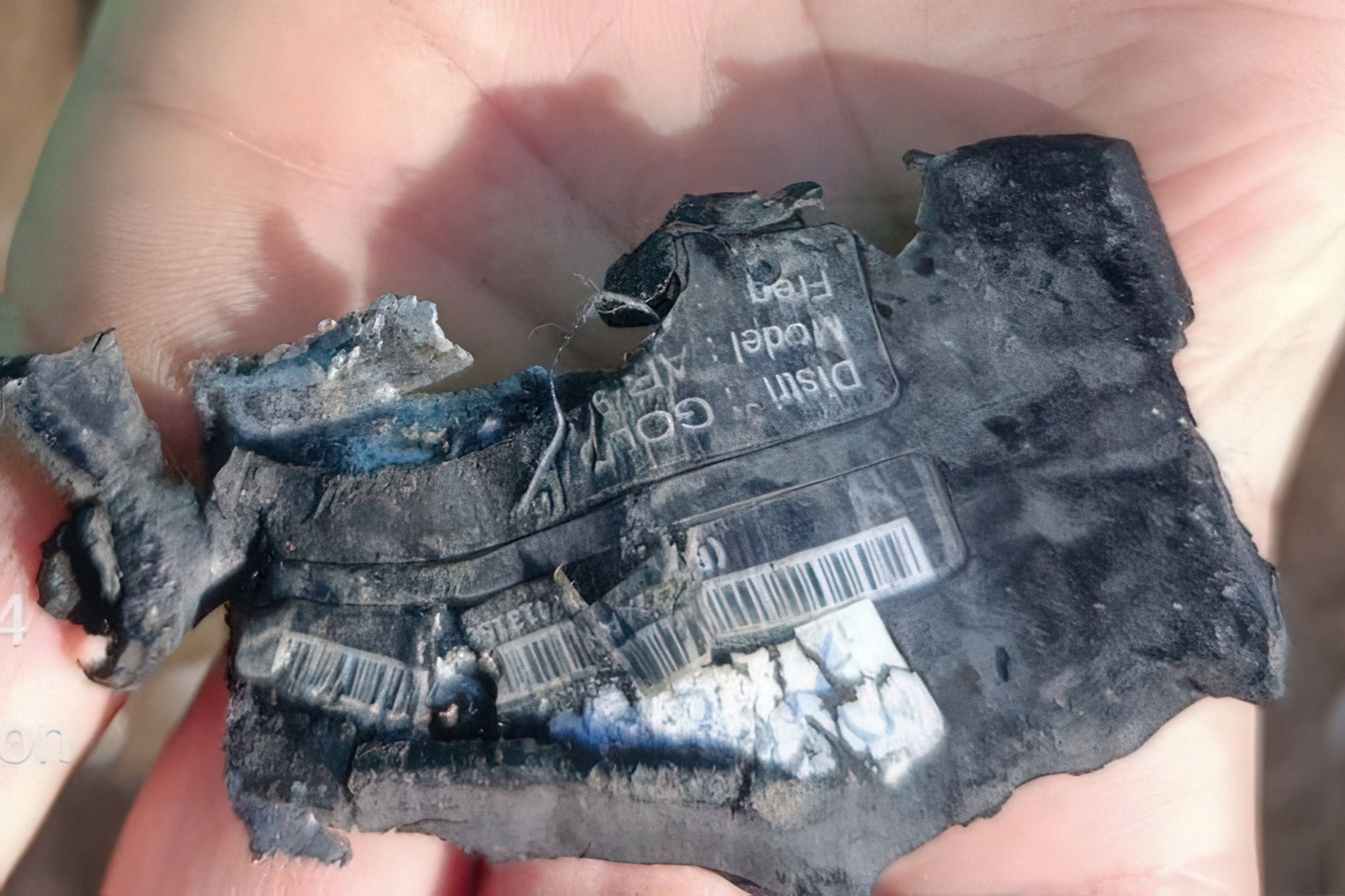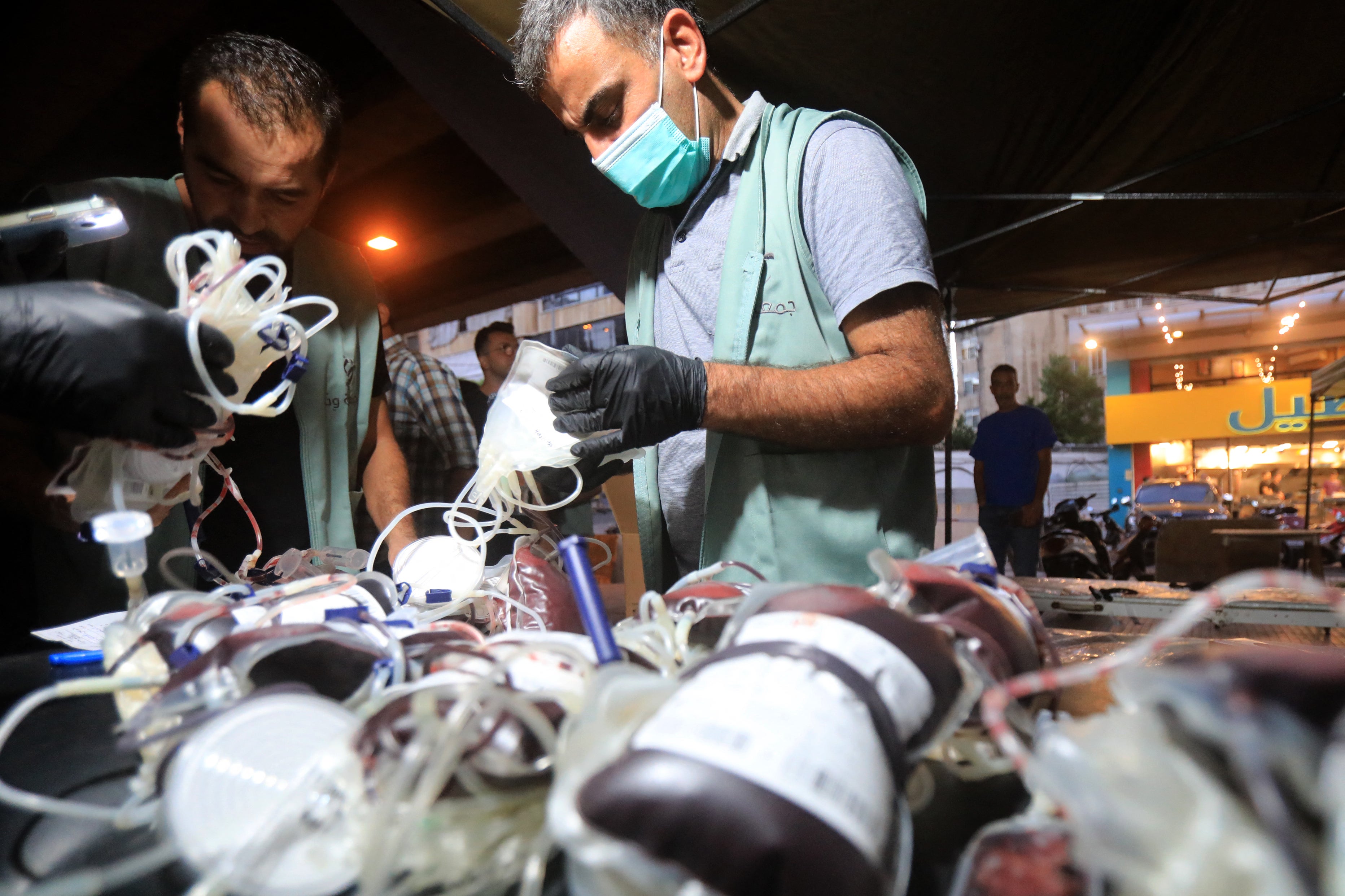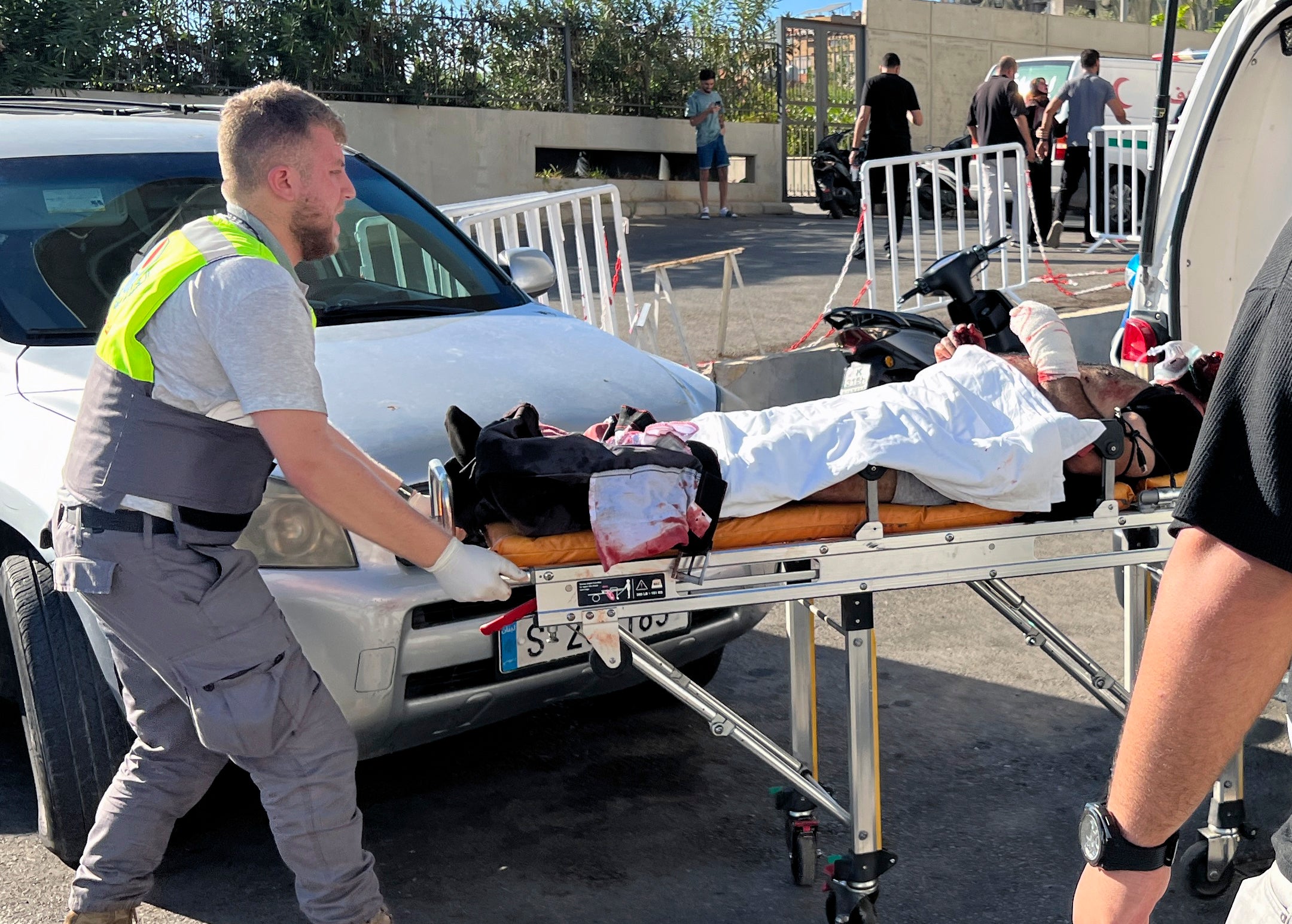British-educated businesswoman denies making Hezbollah explosive pagers which killed at least 12 people
Cristiana Barsony-Arcidiacono studied for a PhD in physics at UCL between 2002 and 2006

Your support helps us to tell the story
From reproductive rights to climate change to Big Tech, The Independent is on the ground when the story is developing. Whether it's investigating the financials of Elon Musk's pro-Trump PAC or producing our latest documentary, 'The A Word', which shines a light on the American women fighting for reproductive rights, we know how important it is to parse out the facts from the messaging.
At such a critical moment in US history, we need reporters on the ground. Your donation allows us to keep sending journalists to speak to both sides of the story.
The Independent is trusted by Americans across the entire political spectrum. And unlike many other quality news outlets, we choose not to lock Americans out of our reporting and analysis with paywalls. We believe quality journalism should be available to everyone, paid for by those who can afford it.
Your support makes all the difference.A British-educated businesswoman has denied allegations of manufacturing the pagers used in an audacious attack against Hezbollah.
The handheld devices killed at least 12 people and injured 3,000 after they simultaneously detonated across Lebanon and Syria on Tuesday afternoon in a suspected Israeli operation.
The Taiwanese company whose branding was on the technology claimed Budapest-based firm BAC Consultancy made the devices under a three-year brand licensing agreement.
Follow the latest updates here
But University College London (UCL) graduate Cristiana Barsony-Arcidiacono, the CEO of BAC Consultancy, said she was just a link in the supply chain and did not make the pagers.

“I do not make the pagers. I am just the intermediary. I think you got it wrong,” Ms Barsony-Arcidiacono told NBC News.
Around three grams of explosives are reported to have been placed into the AR-924 pagers in a sophisticated supply chain infiltration.
A Lebanese security source claimed Israel’s spy agency Mossad planted explosives in thousands of the devices months before they exploded, and one US official told Axios news the Israeli military moved to detonate the devices because it feared the sabotage plot had been exposed.
The Iran-backed militant group has vowed to retaliate against Israel, whose military declined to comment on the blasts.

Ms Barsony-Arcidiacono studied for a physics PhD at UCL between 2002 and 2006, according to her LinkedIn page.
She then went on to study at the London School of Economics and the University of London for various postgraduate qualifications between 2009 and 2017.
She also recently worked with the European Commission as an “evaluation expert” and as a “groundwater resource manager” for Unesco.
On her company’s website – which went offline on Wednesday morning – her work was described as “bridging technology and innovation from Asia”. The firm’s address was registered to a residential-looking two-storey building in Budapest, with its name posted on the glass door on an A4 sheet.

Hezbollah, which controls southern Lebanon, forms part of Iran’s so-called “axis of resistance”, which opposes Western and Israeli influence in the region.
A Hezbollah official, speaking on condition of anonymity, said the detonation of the pagers was the “biggest security breach” the group had been subjected to in nearly a year of war with Israel.
The group opened a second front against Israel a day after the war in the Gaza Strip began, triggered by a Hamas attack inside Israel on 7 October.
Hamas, also backed by Tehran, killed around 1,200 people, with another 251 taken hostage. In response, Israel has bombarded Gaza from the air and ground.
More than 41,000 Palestinians have been killed in the offensive, health officials in Gaza have said. It has displaced nearly 90 per cent of the territory’s 2.3 million population.




Join our commenting forum
Join thought-provoking conversations, follow other Independent readers and see their replies
Comments